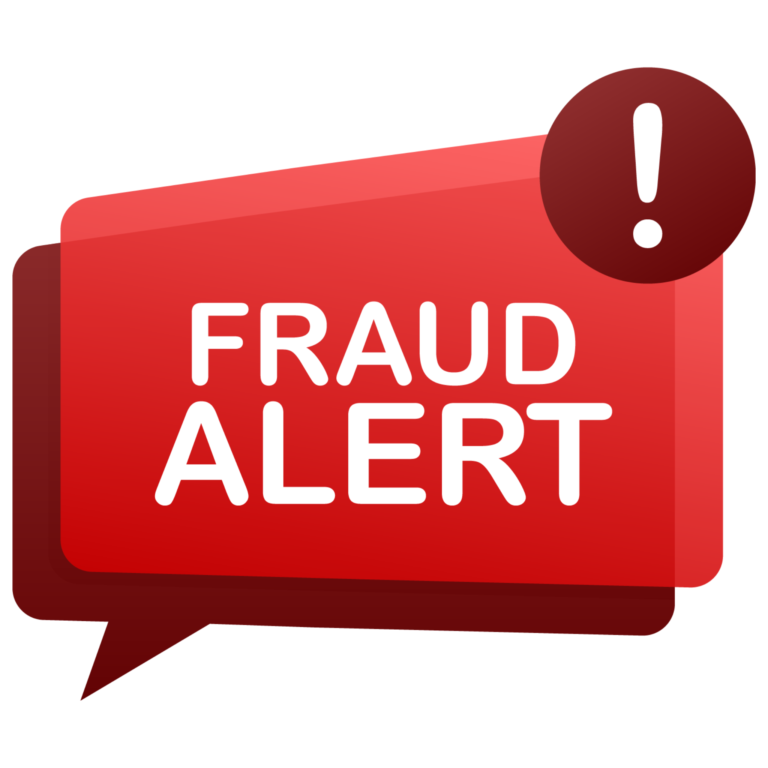
According to statistics from the Association of Certified Fraud Examiners (ACFE) a typical fraud case causes a loss of $8,300 per month and lasts for 12 months before detection. Asset Misappropriation comprises 86% of cases with a median loss of $100,000.
Nearly half of occupational fraud came from Operations, Accounting, Executive/Upper Management and Sales, with Accounting coming in at 12%.
Organizations with less than 100 employees had the highest median loss at $150,000. And businesses with gross annual revenue less than $50 million had median losses of $100,000. That’s a lot of money to a small business and when you consider that over half (52%) of the losses are never recovered by the victim organization.
For a small business, losing $100,000 to an embezzler could very well mean the end of your business.
So what can you do?
Since asset misappropriation is the most common way fraud is committed, we’ll focus on ways to prevent the scheme with the greatest risk: billing fraud.
20% of asset misappropriation is committed via fraudulent billing. This entails a bookkeeper, accountant or other employee causing the client or employer to disburse funds for goods or services that were never purchased. Or creating fake vendors or shell companies and billing the client for fake services or products. It also includes buying items or services for personal use and paying for them with the client’s money.
For small businesses and solopreneurs without the luxury of extensive resources or multiple staff members, forming some sort of protection against bookkeeping embezzlement can be difficult but not impossible.
Below are seven practical tips to fortify your defenses without breaking the bank.
Background Checks and Screening
Even though, 79% respondents to the annual fraud survey said that background checks did not reveal any existing red flags, conducting checks prior to hiring bookkeepers or financial personnel, is still a good starting point for preventing fraud. You can conduct comprehensive background checks before hiring a bookkeeper as an employee or ask for and verify references before engaging the services of a bookkeeping service. Sometimes, a rigorous screening process can deter potential fraudsters and ensure you hire trustworthy individuals for critical financial roles.
Thorough Vendor Verification
Scrutinize vendor details meticulously. Verify vendor legitimacy by cross-referencing contact information, checking for business licenses or registrations, and ensuring consistency in billing addresses and payment details. If something doesn’t look right, trust your gut and ask questions before approving any payments.
Regular Vendor Reviews
If your bookkeeper is responsible for the accounts payable function in your business, you should periodically review your vendor list and expenses as a part of your regular financial review process. Look for any unfamiliar names, duplicate entries, or recurring payments to new vendors without clear, documented justifications.
Detailed Invoice Inspection
Depending on how many bills your company processes each month, you may not have time to look at every single invoice. But you can select a certain percentage each month to examine closely. Ensure they include specific details like purchase descriptions, quantities, and agreed-upon prices. Watch for vague or generic descriptions that could signal falsified transactions.
Segregation of Duties
When you are a one-woman show, segregating duties is easier said than done. The purpose for hiring a bookkeeper is to give you more time to focus on running the business (we bookkeepers love to tell you this during the sales process). However, you should never hand over total control of your business finances to one person and relinquish all your responsibility. Trust is earned not automatic. Until you’ve built trust with your bookkeeper over time, you should look for ways to stay involved by sharing some duties related to vendor management, approvals, and payments. If one person handles all aspects, it becomes easier to manipulate vendor information without detection.
Documentation and Authorization Protocols
At one point during her stellar career, Oprah Winfrey signed every check that went out of her organization. She refused to delegate that responsibility. That may sound like extreme micro managing but I’m sure it prevented any disbursement fraud or embezzling in her organization. She established a firm authorization protocol early on that set the financial tone in her organization. You can do the same.
Establish clear and concise policies regarding financial transactions, expense reporting, and vendor management. 29% of organizations experiencing fraud had inadequate controls in place to prevent the fraud. Many had controls but they were weak and could be overridden by financial personnel. Trust in your bookkeeper does not mean you forego implementing a stringent approval process for new vendors or changes to existing ones. Require multiple levels of authorization before adding a new vendor or modifying payment details. As a small business or solopreneur, “multiple levels” may mean, you have to approve all vendors before they are engaged for any purchases. Find a process that works for you and be consistent.
Surprise Audits and Reviews
One of the red flags that your bookkeeper may be embezzling is the unwillingness to share duties or information. Or delaying providing requested reports without a reasonable explanation. As the business owner, you should always have access to your financial information. Conduct surprise audits or periodic reviews of vendor files and expenses. This unpredictability can deter fraudulent activities and reveal discrepancies that might otherwise go unnoticed.
Education and Awareness
If you’re a solo business and you heavily use contractors for services who are sometimes given access to your financial data (i.e. bookkeepers), you should educate yourself on fraud prevention and the signs to look for. Reading the ACFE’s Occupational Fraud 2022: A Report To The Nations is a great start.
As the leader, you are responsible for educating employees and contractors about your policies and procedures. You should encourage a culture of transparency and accountability within your organization. A safe atmosphere should be built around reporting suspicious activities or concerns about financial irregularities. Encourage them to report any irregularities or suspicious activities they notice in vendor-related transactions.
Small business owners don’t have to be victims to bookkeeping fraud. There are tools and resources you can use to create a more robust system to detect and prevent embezzlement. Most importantly pay attention, ask questions and trust your gut, if something seems out of order. It can save you from the stress and embarrassment of being caught off guard by fraudulent activities within your business.
By staying vigilant and proactive, you can safeguard your business’s financial integrity and future.
